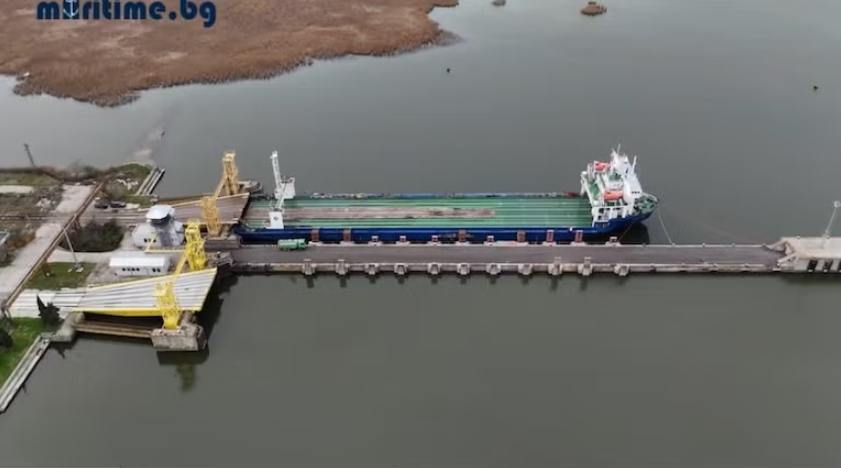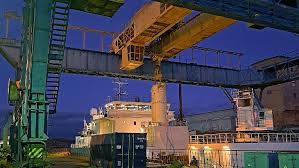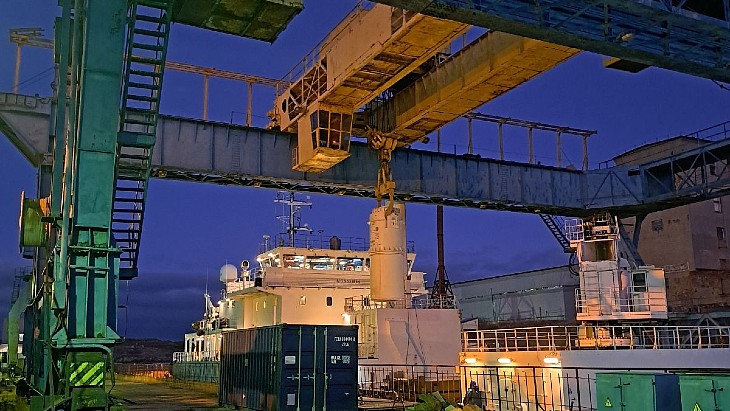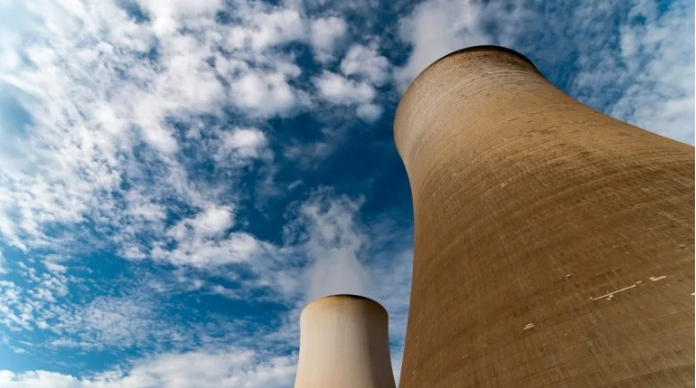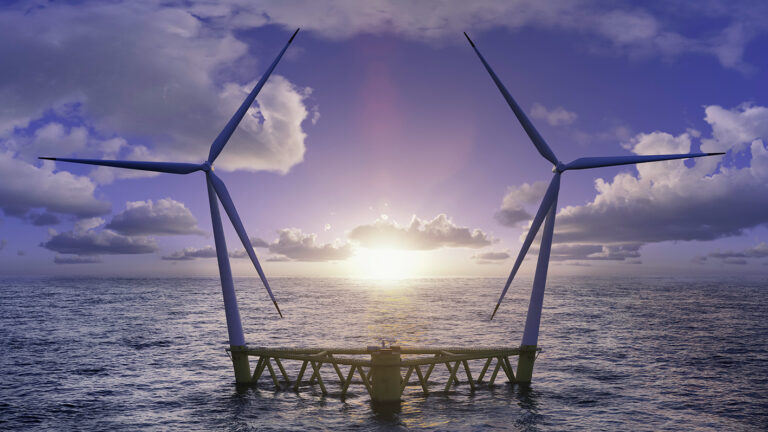
Once fully operational, the wind farm has the potential to deliver 9-12 TWh of power annually with a capacity of up to 2.5 GW which corresponds to more than half of the entire existing electricity consumption of the Västra Götaland region, according to Freja Offshore.
“Floating wind power, which is already operational in other parts of Europe, has unique characteristics insofar as it can be situated a long distance offshore, addressing concerns regarding visual and audible pollution whilst being able to benefit from higher wind speeds”, said Magnus Hallman, CEO of Freja Offshore.
Freja Offshore submitted an application to the Swedish Ministry of Climate and Business to construct and operate a wind farm under the SEZ and to establish an internal cable network under the Continental Shelf Act.
By 2030, the electricity demand in the west of Sweden is expected to double when compared to current usage and to triple by 2055.
“This project could do wonders for our region. Not only will it provide us with locally produced electricity that will bring down prices, but it will also help to preserve and strengthen our industrial sector. We rely on electricity-intensive industries to create jobs and drive our economic growth”, said Olof Lundberg, Chariman of the Municipal Executive Board in Stenungsund.
Sweden has ambitious renewable energy targets of 100 per cent renewable energy production by 2040 and to produce 120 TWh annually from offshore wind.
